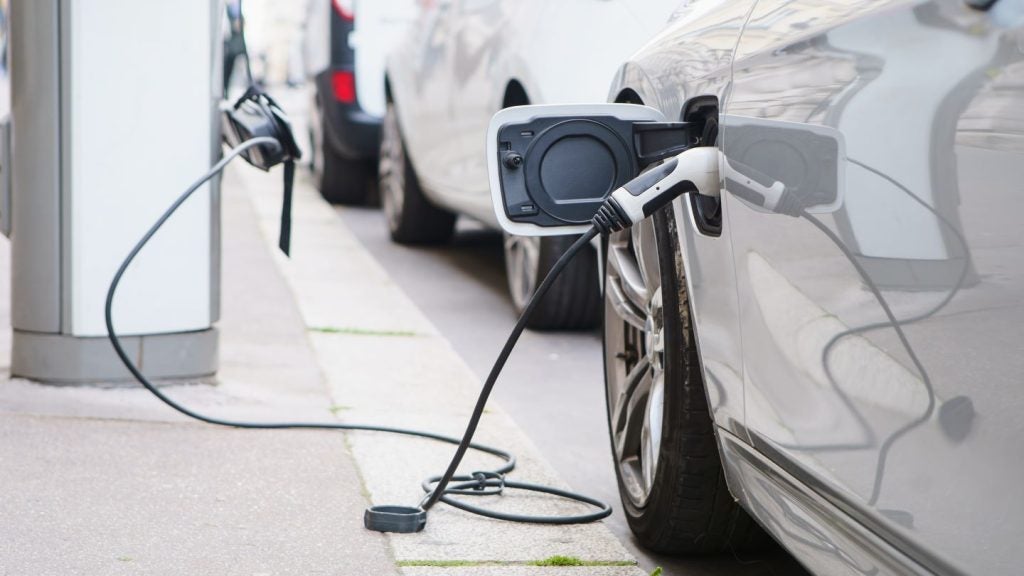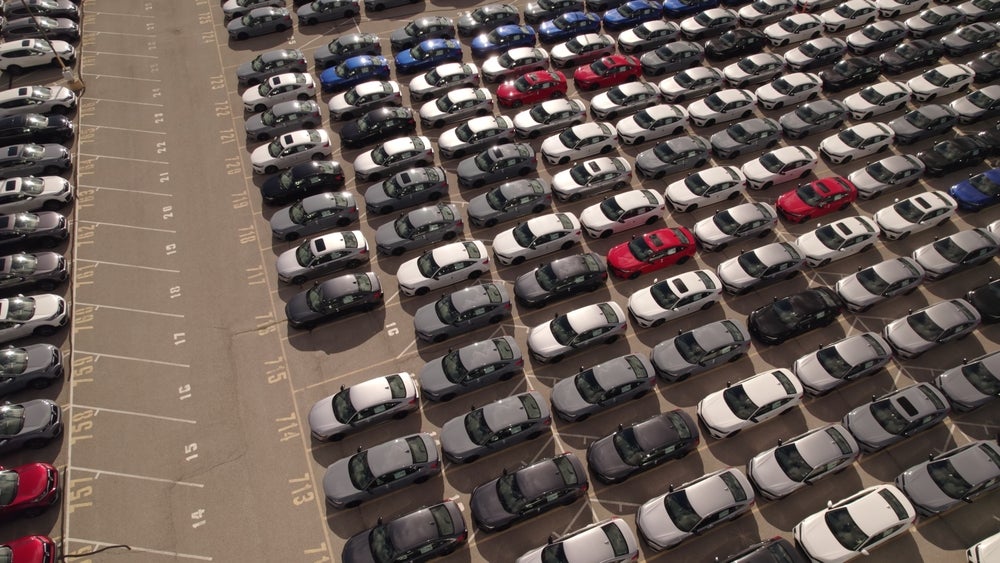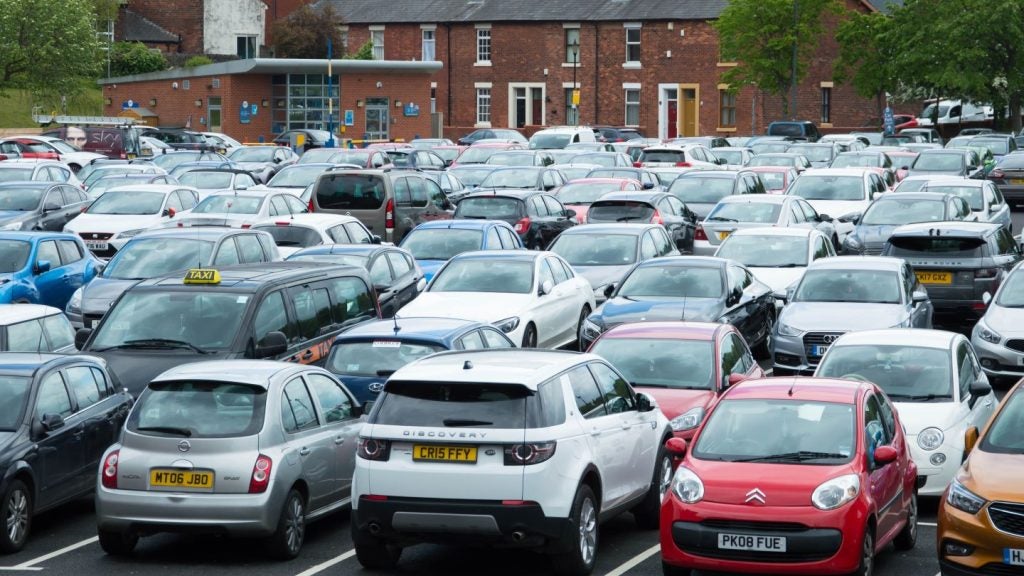
On the 4th of July this year, the Labour Party won a landslide victory against the Conservative Party in the UK General Election. The party took 412 parliamentary seats, achieving a majority of 174 seats. For the Conservative Party, the election result was the worst in the party’s history in terms of seats, seeing the party reduced to 121 seats, while the Liberal Democrats took their highest number of seats in a hundred years at 72 seats.
The result is a Parliament whose makeup is completely different from those which have led the country for the last 14 years.
It is a result that has been largely welcomed by the automotive industry, although that welcome has been tempered with reminders that there is a great deal of work for this government to do. The statement given by Gerry Keaney, Chief Executive of the BVRLA, in response to the election result, echoes the sentiment of many in the sector.
“We congratulate Keir Starmer and his party on their strong election win. The change of government brings a change of direction,” Keaney has said. “After a period of great political uncertainty, the industry collectively hopes for stability that will allow action to be taken and progress to be achieved.”
Labour election 2024: Auto
Simon Williams, Head of Policy at the RAC released a similar statement, announcing, “Roads ravaged with potholes. Drivers ripped off at the pumps. No progress on reducing road casualties. To say the incoming Transport Secretary has a lot to address is a huge understatement, but a new Parliament is a huge opportunity to improve the lives of all road users.”
The question now is “How will the Labour Party address these needs?” To begin answering those questions, we need to look at the manifesto the party brought to the election.

US Tariffs are shifting - will you react or anticipate?
Don’t let policy changes catch you off guard. Stay proactive with real-time data and expert analysis.
By GlobalDataHigh hopes
Yet it has to be said that motorists’ interests were not front and centre of anyone’s campaign over the course of the election. From the start, one of the biggest questions has been what the Labour government will mean for the transition to electric vehicles.
“Our sector was not an election battleground,” says Toby Poston, Director of Corporate Affairs for the BVRLA. “The standout statement from Labour’s manifesto was the intention to return the phase-out of new petrol and diesel car sales to 2030. We saw that shifting it to 2035 under the previous Government had a big impact in reducing consumer appetite for electric vehicles.”
Options are mixed on whether moving the deadline again will reverse the damage.
“In the conversations we were having with Labour prior to the election I was a little unsure how interested they were in the EV transition, but once the manifesto came in and you looked at the emphasis from Ed Miliband and the push he is making, that became clear,” says Asif Ghafoor, CEO of electric vehicle charging network Be.EV. “They are moving the 2035 ban on combustion engines to 2030, which I have argued does not make a big difference physically but does psychologically. It will make a big difference to people’s behaviours.”
Ghafoor is also optimistic about what the Labour government will do for the infrastructure necessary for the EV transition.
“Generally, they have been making positive noises around the improvement of the grid, which is a massive problem for us and other charge point providers as well,” he says.
Poston is more sceptical. “The jury is out on whether moving it back again will recover the momentum we have lost. We would advise the new Labour Government to have a good, in-depth look at what is going on in the car and van markets before making any major decisions,” he says. “There needs to be joined-up thinking for how any levers for decarbonisation are pulled, changes in isolation are unlikely to have a positive impact.”
Adam Hall, Director at Drax Electric Vehicles, agrees. “We hope that the Labour government will build on the growing momentum towards Net Zero and support the EV industry to develop in a way that makes it work for everybody,” he tells us. “Fast and accessible charging for all vehicle types – including vans and HGVs – along with government grants and subsidies are a key part of instilling confidence among businesses and consumers, making the prospect of switching to an EV an attractive one.”
Renting and leasing
One area that observers will be watching closely is the work Labour does in the rental and leasing sectors.
“Labour has a big focus on encouraging growth and investment. One of the biggest opportunities to do this straight away is taking the decision to extend full expensing to rental and leasing,” Poston says. “The current exclusion is a long-standing injustice that the last Government came very close to rectifying. Seeing it over the line will give the new government a quick win to support the transition to cleaner, greener road transport.”
But while bringing forward the deadline for banning the sale of new petrol and diesel cars has been the biggest story in the media, it has not necessarily been the biggest story for the average motorist, or voter.
“While the re-introduction of the 2030 ban on the sale of new petrol and diesel cars might make the headlines, for most drivers, there will be two key parts of the Labour manifesto that could make a difference right now – rising car insurance prices and potholes. Labour said it will “support drivers by tackling the soaring cost of car insurance,” says Iain Reid, Head of Editorial at Carwow.
“The cost of car insurance is a concern for every driver. We’ve yet to see exactly what support the Labour government will give so we will be keeping a close eye on this pledge. Similarly, Labour promised to fix an additional one million potholes across England in each year of the next parliament. A better road network will improve the experience for all road users and we look forward to seeing this pledge in action.”
He adds, “Similarly they promised a standardised measurement to show battery health for used electric cars. To ensure EV transition we need a confident used electric car market and a standardised battery health certification scheme would certainly help.”
The RAC’s post-election statement also pointed to the poor state of local roads, rising insurance premiums and continuing high fuel prices as motorists’ top three concerns, according to its own Report on Motoring this year. It listed motor insurance premiums alongside other priorities the RAC highlights, including the motorists’ tax burden, ensuring civil motoring offences are fairly enforced, cutting road casualties and, once again, supporting the transition to EVs.
The Labour manifesto included a commitment to tackle “out of control” prices by calling on the Financial Conduct Authority to investigate the premiums set by motor insurers, a commitment the RAC would like to hold the government to.
This is alongside calls to reduce the Insurance Premium Tax from its current 12% figure, which the RAC argues compounds the recent rises in motor insurance.
A time of stability
However, almost regardless of what agenda the Labour Party is bringing to bear, the industry and even the economy as a whole are quite simply relieved that there is likely to be one party leadership driving one consistent agenda until at least the next General Election. The prospect of some stability has many breathing a sigh of relief.
“A government with a large majority and clearly stated aims does give you confidence that you can invest in the UK,” Ghafoor says. “The beauty is always in the detail. We don’t need another massive soul-searching exercise. We have got all these companies who want to deploy capital and we need to harness that to encourage the uptake of EVS.”
Poston concurs, “As ever, the best thing Labour can do for our sector is provide certainty and stability. The Company Car Benefit-in-Kind tax regime is single-handedly driving the zero-emission transition, so Labour must nurture that by providing more foresight on tax rates and no big cliff edge hikes. It also needs to make some kind of commitment to the Salary Sacrifice sector, which is democratising access to electric vehicles by putting them in the hands of hard-working basic rate taxpayers.”
That stability is more important than ever at a time when the motor finance sector faces uncertainty from many other quarters in the wake of the electric vehicle transition.
“The motor finance sector is being swamped by a tsunami of electric vehicle depreciation, where average used prices for ex-lease vehicles have fallen by around 50% in two years,” Poston points out. “It is imperative that Labour acts swiftly to restore some confidence and stability into the used electric vehicle market. Labour can also provide some essential certainty in the regulatory environment by encouraging the FCA and FOS to take a consistent approach to consumer protection and enforcement and deliver a swift and proportionate end to the Discretionary Commissions enquiry.”
The fleet operating sector, which has so far proved to be a key part of transition efforts, is particularly keen to receive assurances from the new government.
“Fleet-operating businesses, who continue to be the driving force behind EV market growth, require clarity around future rates and taxes to help inform their decision-making,” says Hall. “We’d therefore hope that the government prioritises the publication of Company Car Tax (CCT) rates for 2028 and beyond and confirm that the Plug-In Van Grant and Workplace Charging Scheme will continue past March next year.”
Stability and clarity continue to be watchwords for Reid as well.
“I think the industry wants stability and clarity so a clear road-map to the 2030 ban is essential,” he says.
That road map goes beyond policies that directly affect motorists and the motor industry, into its broader industrial and economic policies. Labour’s industrial plan says it “will directly invest in ports, hydrogen and industrial clusters in every corner of the country. We will also secure the future of Britain’s automotive and steel industries.”
The manifesto promised a £1.8 billion upgrade to ports and supply chains across the UK and £1.5 billion to help build new battery gigafactories. It also says it would update national planning policy to ensure it “meets the needs of a modern economy making it easier to build laboratories, digital infrastructure, and gigafactories.” The party’s National Wealth Fund commitment would also see automotive companies given the R&D funding support currently given to aerospace businesses, with a ten-year commitment and a target of attracting £3 of private investment for every £1 of public money.
“So the challenge for the industry is to work with the new Government to ensure these commitments are met,” Reid says.
“Labour have come in with a full in-tray of things they have to do and we have seen that in their early announcements on wind and solar, we are further down the list of areas of focus because there is so much to do,” Ghafoor says.
Ultimately, this is the question that people are asking in every corner of the motor sector. What is the new Government’s priority?
“A new government brings a new mindset and changing priorities,” agrees Poston. “For transport, Labour has historically focussed on public services, reflected in big announcements around rail and bus in the King’s Speech. For motor finance and the associated sectors, it is important that we retain a seat at the table so can have our voices heard too. Public transport cannot meet every need and is complemented by the solutions our industry provides, something that cannot be overlooked.”
The Labour Government will be bringing big changes to bear, while also addressing issues that would be unavoidable for any government, the EV transition in particular. Some matters remain larger than party politics.
“The EV transition is too big a topic to be used as a political football,” Poston argues. “Kneejerk policies or blanket solutions will not work and it is important that the sector’s issues are heard loud and clear.”
UK election – BEVs must be at the heart of strategy for autos
General Election 2024: motor industry calls for clarity on political pledges
UK General Election 2024: Q&A with Paul Clarke of Green Car Guide







